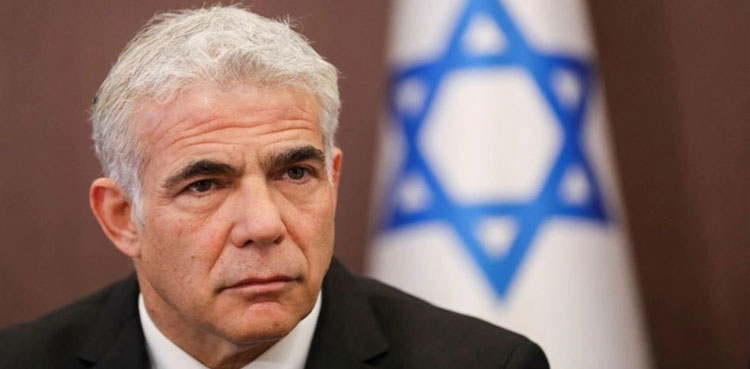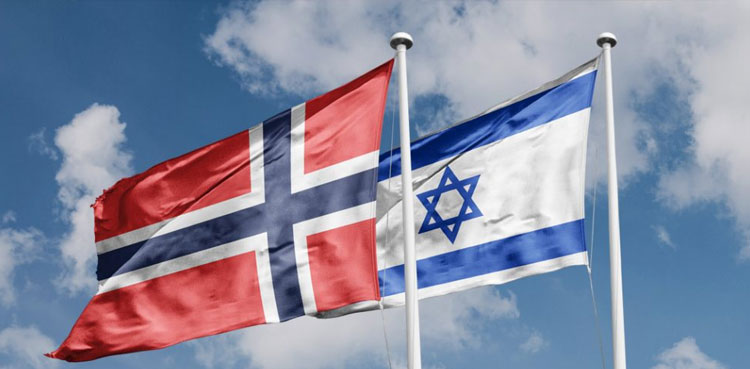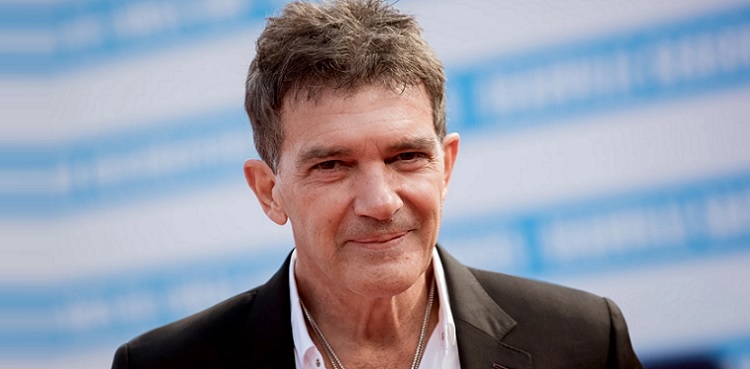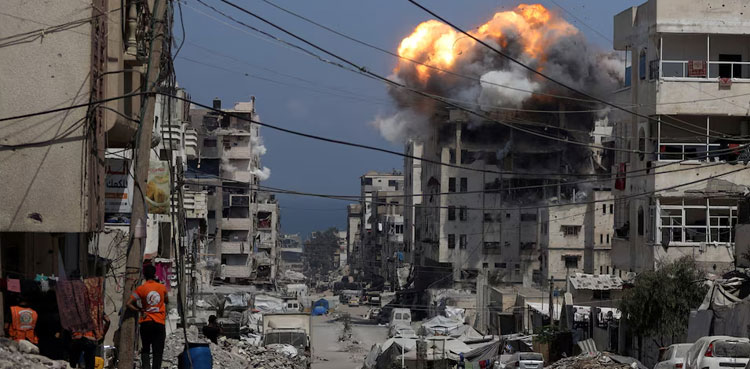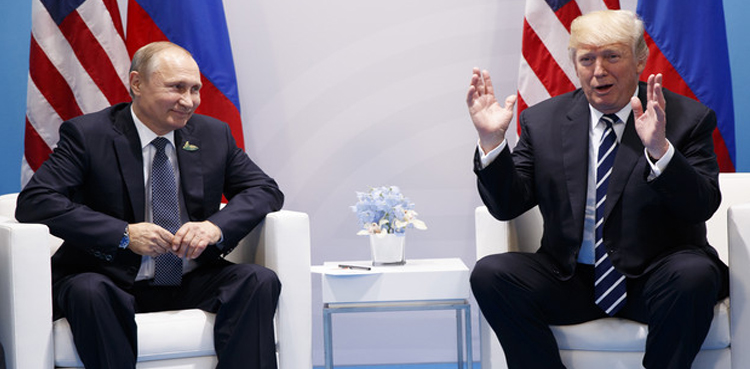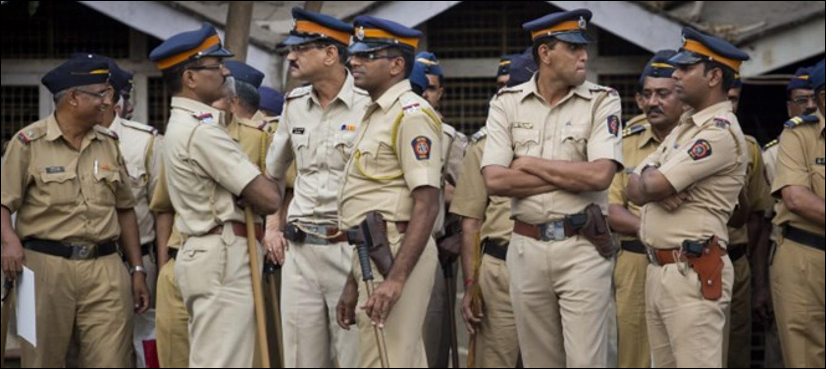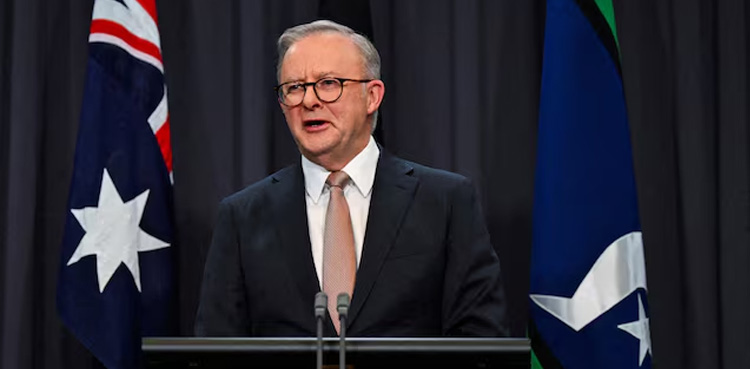Israeli opposition chief Yair Lapid on Tuesday backed calls for a general strike in solidarity with hostages still held in Gaza.
“Strike on Sunday,” Lapid posted on X, saying even supporters of the current government should take part and insisting it was not party political.
Sunday is the first day of the working week in Israel.
“Strike out of solidarity. Strike because the families have asked, and that’s reason enough. Strike because no one has a monopoly on emotion, on mutual responsibility, on Jewish values.”
Lapid’s post followed a call on Sunday by around 20 parents of hostages still held by Palestinian militants in the Gaza Strip for a strike.
On Monday, the Hostages and Missing Families Forum, the main representative group for relatives, backed the idea.
The group has been pressing the leaders of Israel’s main trade union federation, Histadrut, to join in but it decided against doing so.
Instead, it said it would support “workers’ solidarity demonstrations”, the Forum said.
“Allow a citizens’ strike, from the grassroots to the top. Allow everyone to take a day off on Sunday to follow the dictates of their conscience,” the Forum added in a statement.
“The moment has come to act, to take to the streets,” it said, adding “675 days of captivity and war must end”.
The group again accused the government of sacrificing the remaining hostages “on the altar of an endless, aimless war”.
Last week, Israel’s security cabinet approved plans to expand the war into the remaining parts of Gaza not yet controlled by the military, sparking fears that more hostages might die as a result.
Of the 251 hostages taken captive by Palestinian militants during Hamas’s October 2023 attack on southern Israel, 49 are still held in Gaza, including 27 the Israeli military says are dead.
In early August, Hamas and its ally Islamic Jihad released videos showing two hostages in emaciated conditions.
Hamas’s 2023 attack that sparked the Gaza war resulted in the deaths of 1,219 people, the majority civilians, according to an AFP tally of official figures.
Israel’s retaliatory offensive in Gaza has killed at least 61,499 people, the majority civilians, according to the figures from the health ministry of Gaza considered reliable by the United Nations.
